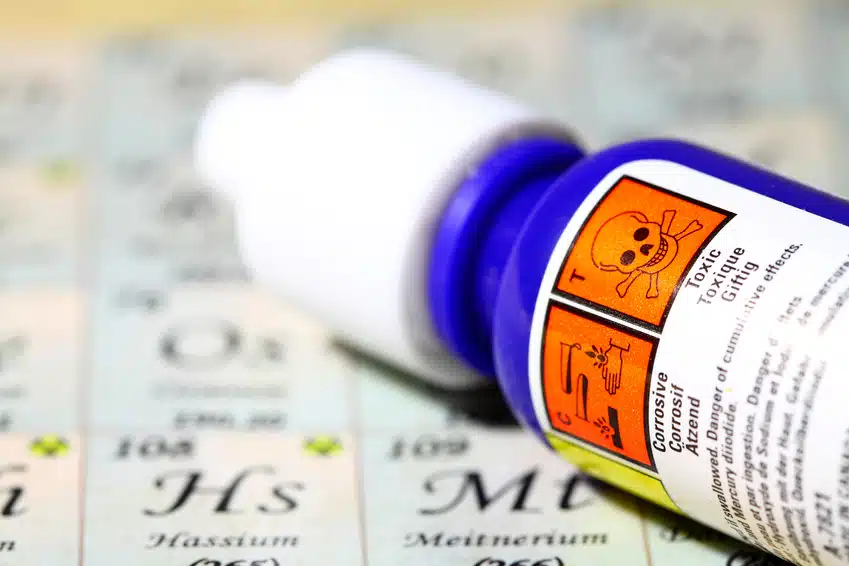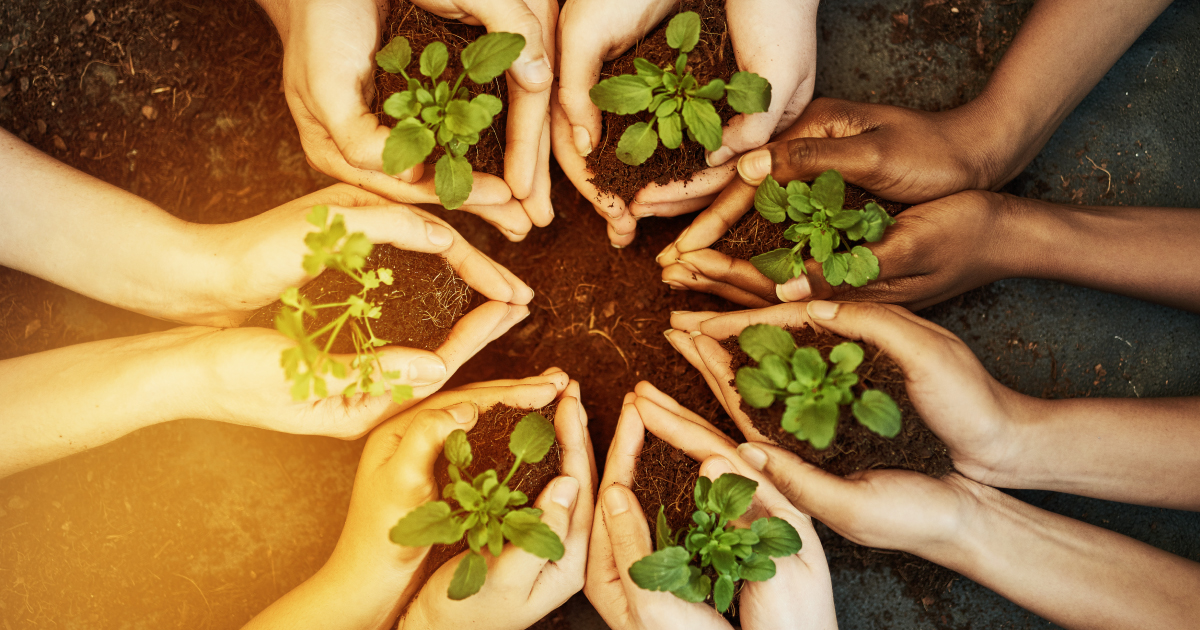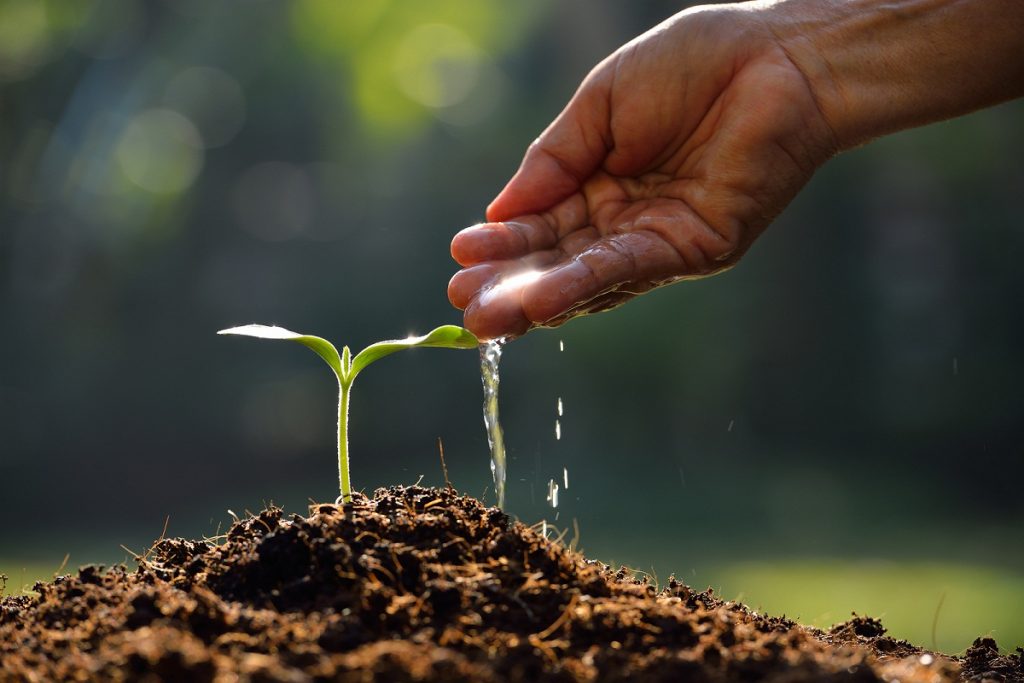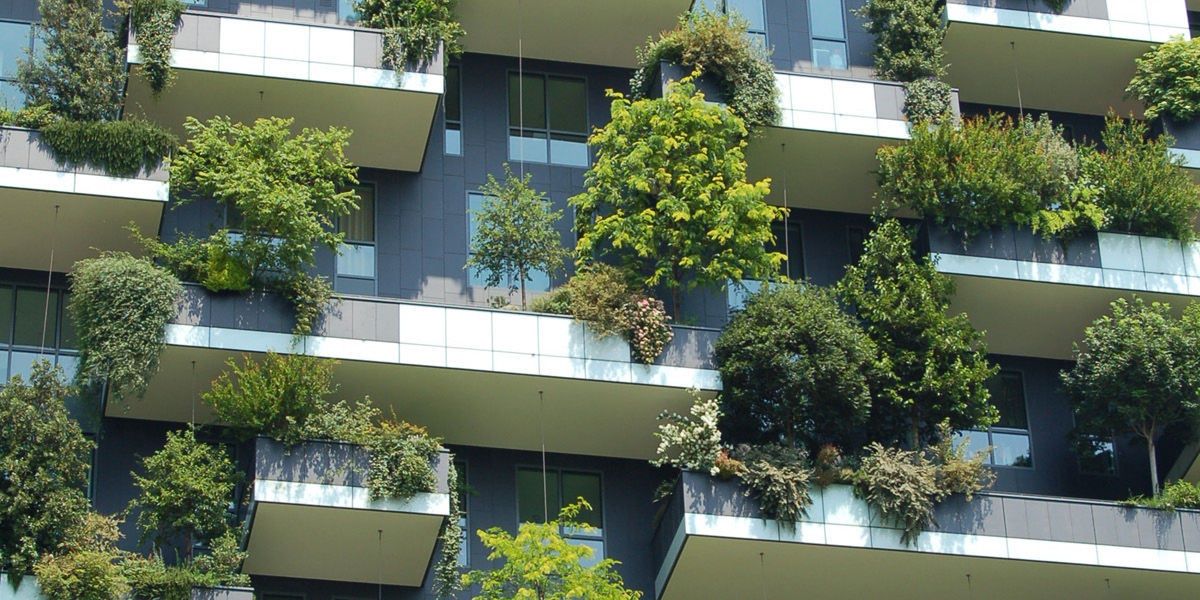While there are many things that need to be done in order to protect the environment, one highly important method of maintaining the health of the environment is to reduce water pollution, of which there are many effective solutions that can assist with this goal. Water pollution results from harmful substances contaminating any body of water. These substances typically include microorganisms and chemicals like oil. When pollution gets into a body of water, it will cause the water quality to worsen and eventually become toxic to humans and the surrounding environment. Keep reading on to answer the question “how can we deal with water pollution?”
How Can We Deal With Water Pollution?
Dispose of Toxic Chemicals Properly

Household solvents, pesticides, and cleaners might not seem that bad. But, bleach, paint, paint thinner, ammonia, and many chemicals are becoming a serious problem. If you combine millions of people every month dumping toxic chemicals down the drain or flushing them down the toilet, the effects add up. This is why proper disposal is important.
Many household chemicals can be recycled. Your community may have a recycling center that can take the old paint, used motor oil, and other chemicals and recycle them. Community collection centers and drop-off sites also exist in some areas. Your community may even have a hazardous waste collection day where those toxic old chemicals can be dropped off for safe disposal.
Shop with Water Pollution in Mind
You can avoid issues with household chemicals and pesticides by not buying products that contain persistent and dangerous chemicals in the first place. Many companies now sell non-toxic cleaners and biodegradable cleaners and pesticides. Spending a little extra money on those products automatically cuts down on water pollution.
Reduce Plastic Waste
Plastics are commonly washed into the ocean and other bodies of water, which only serves to degrade the quality of the water. It’s believed that around 9-12 million tons of plastic reach the ocean every year, which is a number that needs to be reduced substantially to make sure that the quality of ocean water doesn’t worsen even more.
Along with water bottles, plastic is used in a myriad of different items that people use on an everyday basis, which include everything from clothes to various items around the home. To help reduce the amount of plastic waste that gets cycled into the environment, it’s recommended that you avoid using plastics whenever possible. Seek alternatives for plastic bottles, plastic utensils, and straws. Whenever you use plastic, make sure that you recycle.
Install a Water-Efficient Toilet in Your Home

Consider installing an efficient toilet in your bathroom that won’t use as much water when you flush it. This method of reducing water pollution relates to the previous point in that it will help you conserve water. In the past, toilets would use up to 3.5 gallons of water when flushed. Eventually, the EPA mandated that all toilets must only flush 1.6 gallons of water down the drain with each flush. If you want to do your part to help the environment, ultra efficient toilets are available that only use 0.8-1.1 gallons of water per flush. Along with saving you money, a water-efficient toilet will also help you avoid wasting water.
Do Not Throw Away Medicines
Never throw away medicines in the water supply, either. Even if you do not need them, it is a bad idea to flush pills, liquid or powder medications or drugs down the toilet or crush them in your kitchen sink disposal.
Hormones and other compounds end up causing adverse effects on fish and other aquatic wildlife, on septic systems and contaminate drinking water.
Dishwashing or Laundry
Only use your dishwasher or washing machine when it is close to being full. Using these machines to clean one or two dishes or a few pairs of clothes is an incredible waste of water. The less amount of water you use during washing, the less you promote water pollution.
Use Environmentally Friendly Detergents

Whenever possible, get environmentally friendly detergents, soaps, and dishwashing liquids. While these are sometimes more expensive, you are doing the environment a great service by using less harmful substances.
Eat More Organic Food
While chemicals can be used on organic foods, they tend to be produced with few synthetic chemicals. Eating organic reduces the amount of chemical pollution that ends up in the water. The food we choose to eat has a huge impact on environmental quality, between the chemicals used to grow food, the fuel used to transport the crops, and the fuel used to power farm equipment on industrial farms.
Support Environmental Charities

No matter where you live in the country, there are going to be charities working on watershed protection, water pollution cleanup, and similar causes. Find an organization that’s active in your area and make a donation every year. Your support may even lead to expanded anti-pollution work.





